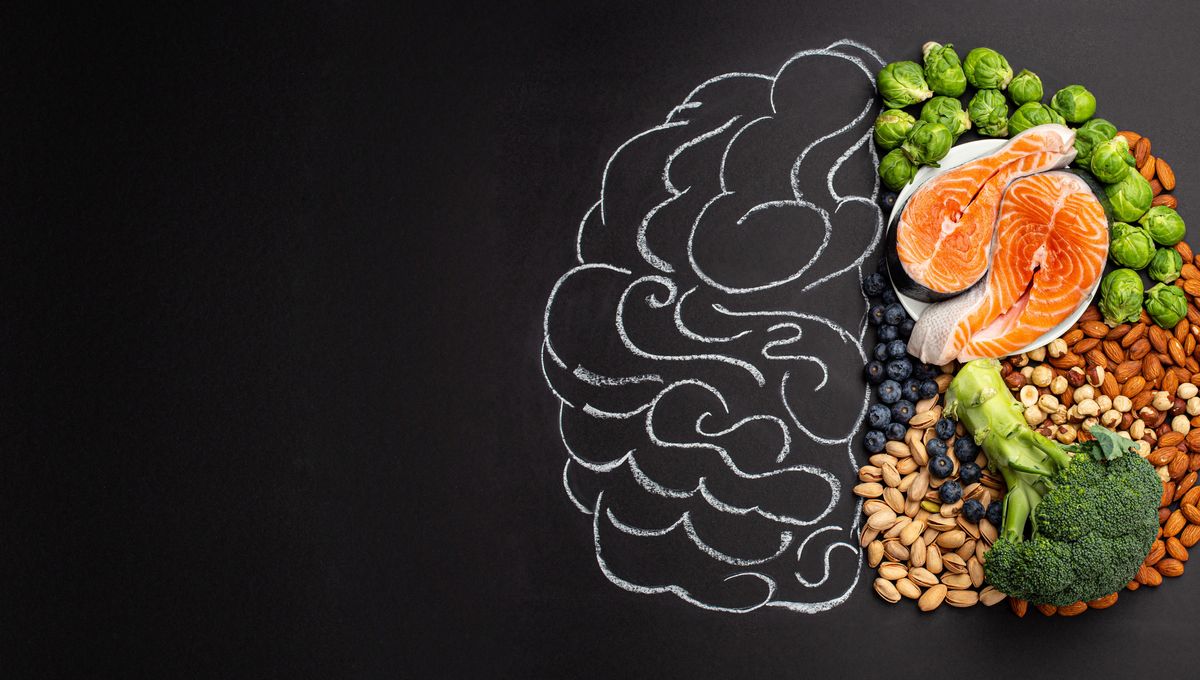
New research finds that obesity diminishes the brain’s ability to identify when a person is full. Moreover, these changes to how the brain detects nutrients could be permanent, and could explain why it’s difficult for some people to lose weight and maintain that loss.
According to the World Health Organization (WHO), around 4 million people die as a result of obesity each year; it is a condition that has effectively reached epidemic proportions. In fact, more people are obese today than are underweight in every part of the world except sub-Saharan Africa and Asia.
To date, the way the human body responds to nutrient intake is well understood, as is its role as a factor in eating behavior. However, less is known about how nutrient signaling works. Past research into post-ingestive nutrient signals to the brain and how they regulate eating behaviors in mice has shown that impaired responses to such signals can be associated with obesity and other pathological eating behaviors. But less was known about this association in humans.
In this latest study, a team of researchers in the Netherlands and the US infused glucose or fat directly into the stomachs of 28 people who are considered “lean”, which meant they had a body mass index (BMI) of around 25 or lower, and 30 individuals with medical obesity who had a BMI of 30 or higher. These people were given infusions of either glucose, fat, or water at random. The water served as a control for the study.
The researchers then used functional magnetic resonance imaging (fMRI) to assess the participants’ brain activity. The lean participants showed evidence of reduced activity across various regions of their brains after they were infused with both glucose and fat. However, there were no changes in brain activity in the participants classified as obese.
“This was surprising,” Mireille Serlie, a professor of medicine (endocrinology) at Yale School of Medicine and senior author of the study, said in a statement. “We thought there would be different responses between lean people and people with obesity, but we didn’t expect this lack of changes in brain activity in people with obesity.”
After this, Serlie and colleagues examined the striatum, a region of the brain that regulates the body’s desire to actively find and eat food, using single photon emission computed tomography (SPECT). This same region of the brain also plays a role in social behavior and emotions. The striatum regulates eating behavior, in part, through the neurotransmitter dopamine.
They found that lean people had decreased activity in two parts of their striatum when infused with glucose and fat, but only glucose led to any activity changes in the brains of obese participants. In addition, these changes only occurred in one area of the striatum. Fat did not seem to cause any changes in activity.
It seems that glucose induced dopamine release in both sets of participants, but fat only caused a dopamine release in lean participants.
Following this, the participants with obesity undertook a 12-week dietary weight-loss program. Those who achieved a ten percent body weight loss were then re-examined. Interestingly, the results did not show any meaningful changes in the brain’s responses to infusion – dieting did not seem to make a difference.
In the past, research has shown that people who undertake weight loss programs often regain weight a few years after their diets. This new work seems to show why this may be the case.
“People still think obesity is caused by a lack of willpower,” Serlie said. “But we’ve shown that there is a real difference in the brain when it comes to nutrient sensing.”
“In my clinic, when I see people with obesity, they often tell me, ‘I ate dinner. I know I did. But it doesn’t feel like it,’” Serlie added. “And I think that’s part of this defective nutrient sensing. This may be why people overeat despite the fact that they’ve consumed enough calories. And, importantly, it might explain why it’s so hard to keep weight off.”
Research into eating behavior in humans is still in its infancy and future work will need to examine why diminishing nutrient sensing occurs in some people and which biological pathways lead to it. Similarly, more work will need to examine whether these changes are truly permanent or can be reversed with treatment.
The work shows that stigma against obesity is misplaced and is ultimately unhelpful in the ongoing battle against this condition.
The study is published in Nature Metabolism.
Source Link: Obesity May Cause Long-Lasting Changes In The Brain’s Ability To Recognize Nutrient Signals